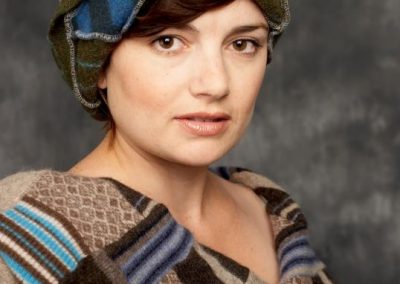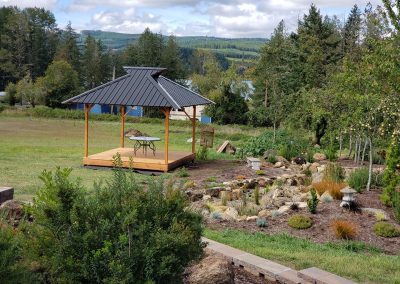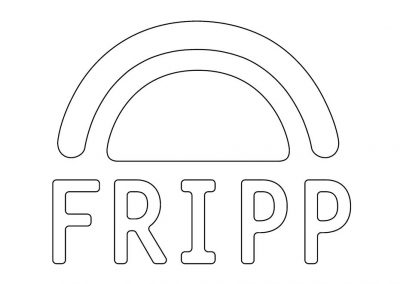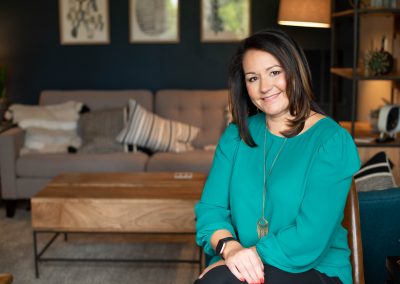The Eugene Backyard Farmer
Boutique Feed Store Capitalizes on Success in the Backyard
Written By: Cecile P. Haworth
In a converted auto-repair shop, in front of old bay doors, colorful egg-shaped soaps comingle with painted chicken tiles on metal shelves. Nearby, tools dangle beside racks of packaged seeds. The mind plays tricks. The country smell of chicken feed fills the room. The Eugene Backyard Farmer looks and smells like a feed store, but it doesn’t feel like a feed store.
That is Bill Bezuk’s plan. This shop is not for rural farmers; it is a shop for urban farmers, so it’s not the average feed store. He calls the budding business a “boutique feed store.” It is a haven, filled with everything a person could need to raise chickens and bees (including the chickens). More than that, it is also a treasure house of perfect gift items for someone who is raising bees and chickens. It is the quintessential store for urban farmers. It is such a new concept, that when Bill was considering its creation a few years ago, even he had a hard time wrapping his mind around it. That is when the Lane Small Business Development Center (SBDC) entered the picture.
Bill came to the SBDC in August of 2009. He was about to make a huge transition in his life and knew he needed help from experts. At that time, he was the manager of a local shop in a national chain. He was not happy with the direction of the company. He was experiencing corporate burnout, wanting more control over business decisions. At age 44, finding a new job was going to be challenging. He was determined to take control of his situation by starting his own business, toying with several possible business ideas: an urban feed store, a donut shop or an international news-stand tea house. The only thing he was certain of was that whatever he did, he would incorporate social media into his marketing plan.
During his initial meeting with SBDC advisor, Suzanne Penegor, Bill presented his ideas and asked for help in evaluating the possibilities. He wanted to know which would be most viable and profitable. Suzanne directed him to do market research and financial projections for the three concepts. Bill had created business plans before and felt confident he would be able to accomplish the tasks Suzanne laid out for him. Even though Bill had considerable management experience, Suzanne suggested a couple SBDC classes. The SBA Loan Briefing and Writing a Business Plan classes would help him, as he looked for financing.
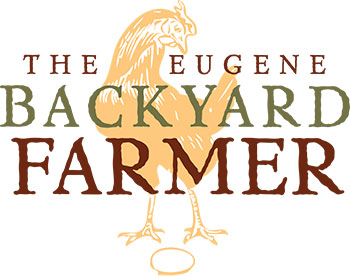
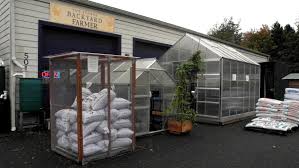
During his meetings with Suzanne, Bill was able to communicate his thought process and goals for going into business. Bill says, “I enjoyed having someone to vet my business idea with. This gave me the opportunity to talk my ideas through.” The bottom line was he didn’t like food service. He loved to go home and work in his garden. “Basically,” says Bill, “It was a matter of being honest with myself.” He decided he could build a store around what he loved to do. He would combine years of retail management experience with his interest in farming and desire to live in the city. Bill would create a store for people just like him.
By early 2010, Bill had thrown himself into the world of unemployment. Now he needed to move quickly. Bill was working on the creation of a business plan to help with the concept-evaluation process. The business plan would be a roadmap for the business and also a possible tool for developing financing in the future. Suzanne helped him fine tune his business plan and then sent him on to the SBDC’s expert on business plans, Dallas Merchant. Dallas, a retired banker, was able to make suggestions which would give the plan the greatest possible impact for accessing capital.
Bill says now, “In looking back, I would have done things differently. I would have started the business, while still working my job. Unemployment made finding funding very difficult. Banks snubbed me.” They also did not understand the concept of the urban boutique feed store. He saw big businesses getting loans, but little startup businesses being turned down. Ultimately Bill put together funding with micro loans, everything was done as inexpensively as possible.
Bill had a neighbor who helped him with his logo, a regal hen. He expanded from logo to website, using the same colors throughout the website and store. The website was creative in that it was built around a video. Bill worked to create a whole social media profile with blog, Twitter account, Pinterest and Facebook page. This was part of his business plan. He wanted to appeal to urban professionals, like himself. Bill doesn’t dress in overalls, instead he wears button-down shirts. “I made sure not to over-post, kept topics germane, kept my personal opinion out and focused on education. “ Bill’s Facebook page and blog are professionally presented and geared towards instruction. Bill credits a lot of his success to social media. Just two weeks after opening, the Register Guard got word of his business and did a feature article. The timing was perfect, the story went locally viral.
The doors to The Backyard Farmer opened, just three months after Bill left his job, in April of 2010. Bill explains, “The first year I spent wondering what I got myself into. The second year, there were signs of hope. And the third year I had a breakthrough, finishing in the black”. He just recently celebrated his three year anniversary, has four employees and is making plans for expansion and new product lines. “I went from selling 500 baby chicks the first year, 2,500 the second year and 3,000 baby chicks last year.”
Urban farming has been around for about twenty years. Basically it is traditional practices, scaled down to manageable size, for smaller working areas. Bill explains, “five to ten years ago it was considered a fad, now it is a strong trend, possibly even a life style choice. People want healthy food. They feel the system is broken, so they are taking it into their own hands.” Most people are starting from scratch. They don’t have the skills or knowledge to farm.
Years ago, farmers and children of farmers were moving to cities. Farm-reared city dwellers taught their children to farm in town. Now, several generations removed, city dwellers don’t have that knowledge. Bill describes his typical customers as women, “they are homeowners, raising children, wanting to teach their children where food comes from.” They are dealing with basic farm issues and there is a knowledge gap. Bill is there to help fill the gap.
Learn More About The Eugene Backyard Farmer

